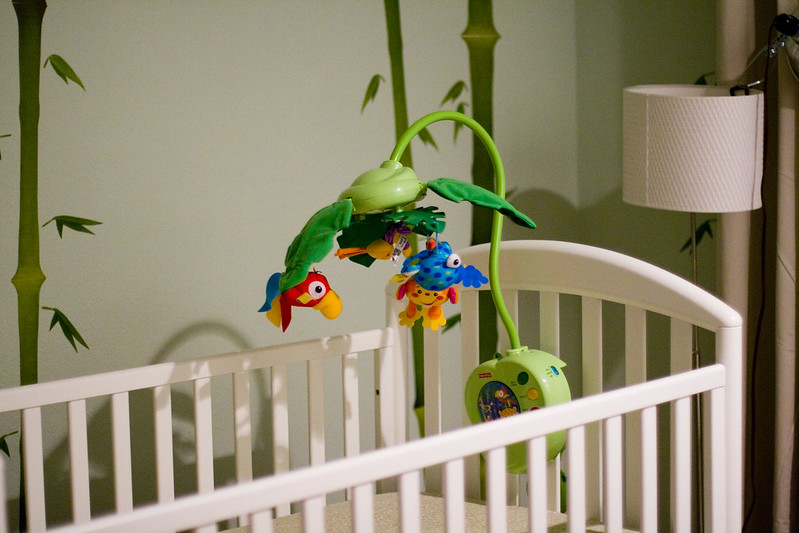This week in 1926, a will left behind by a very unusual lawyer in Toronto led to a ten year contest that was nicknamed the “Stork Derby.”
This very unusual lawyer was Charles Vance Miller, and in our time he would probably be called a troll, at least when it came to money.
He figured everybody had a price, you just had to figure out what the price was and what they’d be willing to do for it.
While he was alive he liked to drop dollar bills on the ground so he could watch people sneakily tuck the cash into their pockets.
But it was after his passing on Halloween 1926 that he tested his theory more thoroughly than he ever had in life.
Miller’s will was a series of strange bequests with even stranger conditions.
To clergy who had railed in church about the evils of alcohol, he tried to leave stock in a brewery.
To three fellow lawyers who he knew that hated each other, he tried to leave a vacation home in Jamaica – on the condition that they all agreed to live there together.
But, most notably, he included a provision that said the bulk of his money should be held for 10 years, and then given to the woman in Toronto who had the most live babies over that decade.
At first the will got only minor attention because everyone figured it would get thrown out in court.
But it wasn’t.
And when the government tried to invalidate the will, there was a backlash from the public, some of whom, according to accounts from that time, decided to try to win the money themselves.
Before we go further, let’s pour a little cold water on the idea that this was all fun and games: having a baby can be risky, even today but especially in the 1920s.
Several of the “contestants” were in the hospital multiple times.
Plus there’s evidence that suggests that the women in these families who were having the babies, weren’t necessarily able to decide whether they wanted to do this…
Nonetheless, Toronto had itself a “stork derby” as people put those risks aside and tried to have as many babies as they could.
Meanwhile, the amount of money at stake was growing.
Miller had owned shares in the project to build a tunnel between Windsor, Ontario and Detroit, Michigan, and his already sizable estate turned into an outright fortune.
So it’s no surprise that at the end of the 10 years specified in the will, the would-be winners of the Stork Derby ended up in court.
The will only counted officially registered live births, plus the courts interpreted the will to mean only babies who were born in wedlock.
In the end, several families that probably deserved to win were disqualified, several others in the running ended up with smaller settlements and four families split the bulk of the money, about $125,000 each.
The Stork Derby didn’t bring out the best in everyone, but, more recently, there have been gatherings of some of the descendants of these families who took part in the contest.
They’ve celebrated not the unusual way that their families grew big so quickly, but the people who had all those kids and raised them and helped them be successful.
Miller probably foresaw the chase for the money, but those long-standing family bonds, maybe not.
There’s a new world record for loudest purr.
Bella the cat in Huntingdon, Cambridgeshire, England purred at 54.59 dB.
The family says the purr is loud enough that when they’re watching TV, they can’t always hear the show.
The Toronto ‘Stork Derby’ Baby Race (Snopes)
Babies Got Bank (This American Life)
Elder Tabby Cat Sets Guinness Record for Loudest Purr (Laughing Squid)

